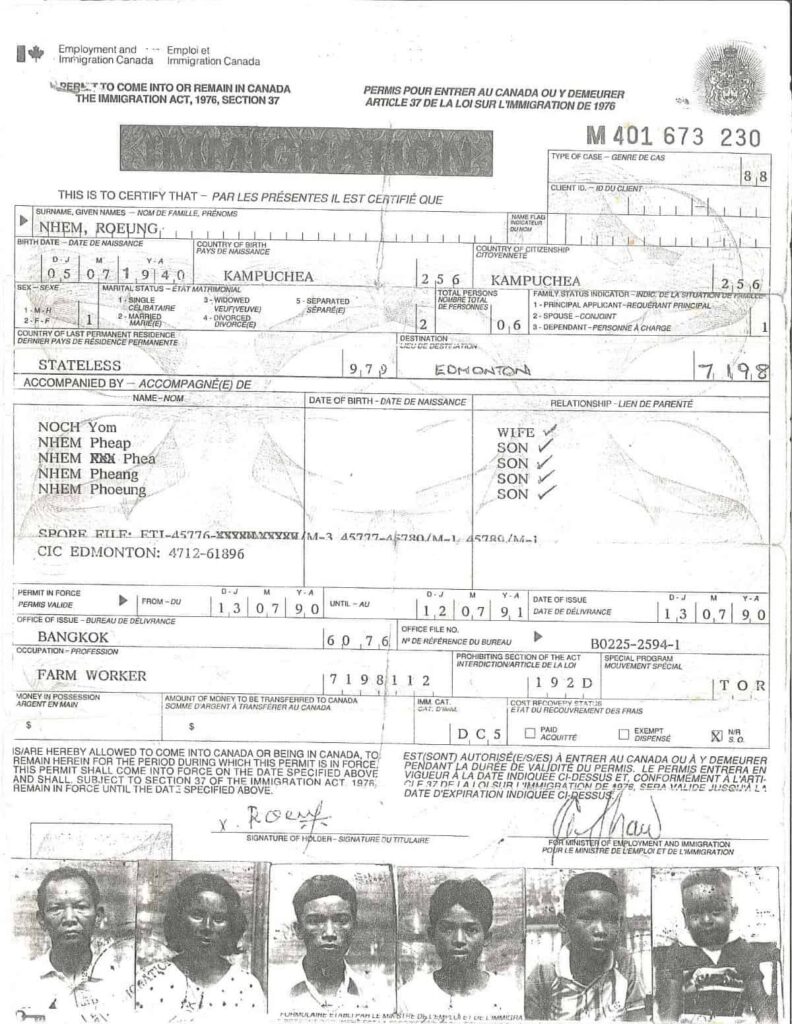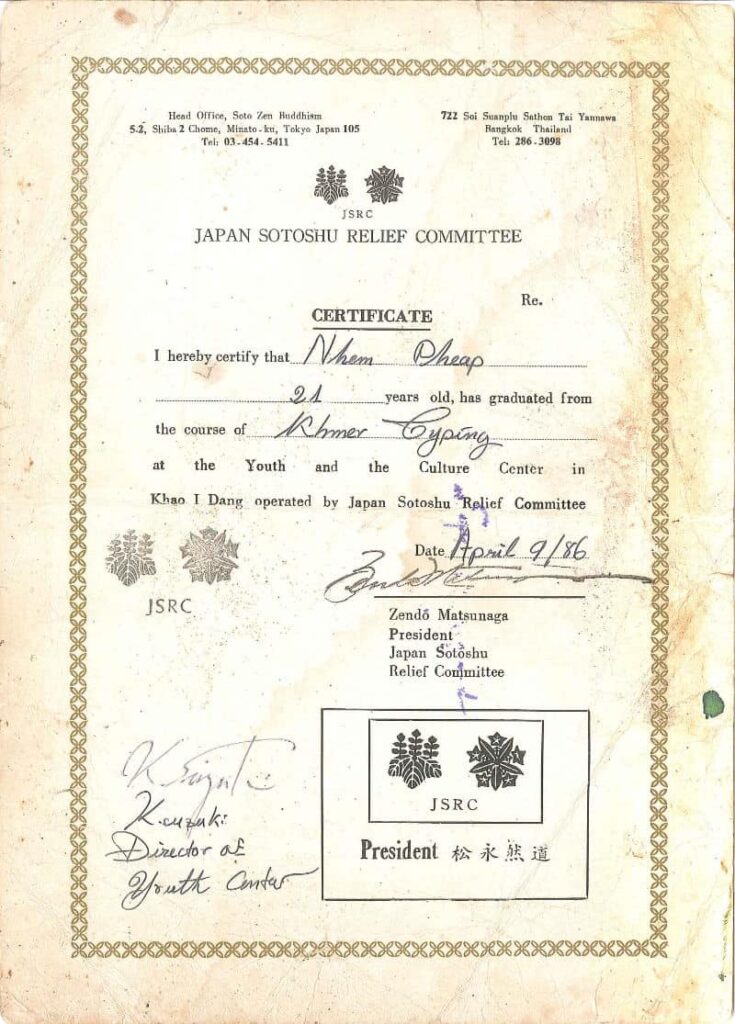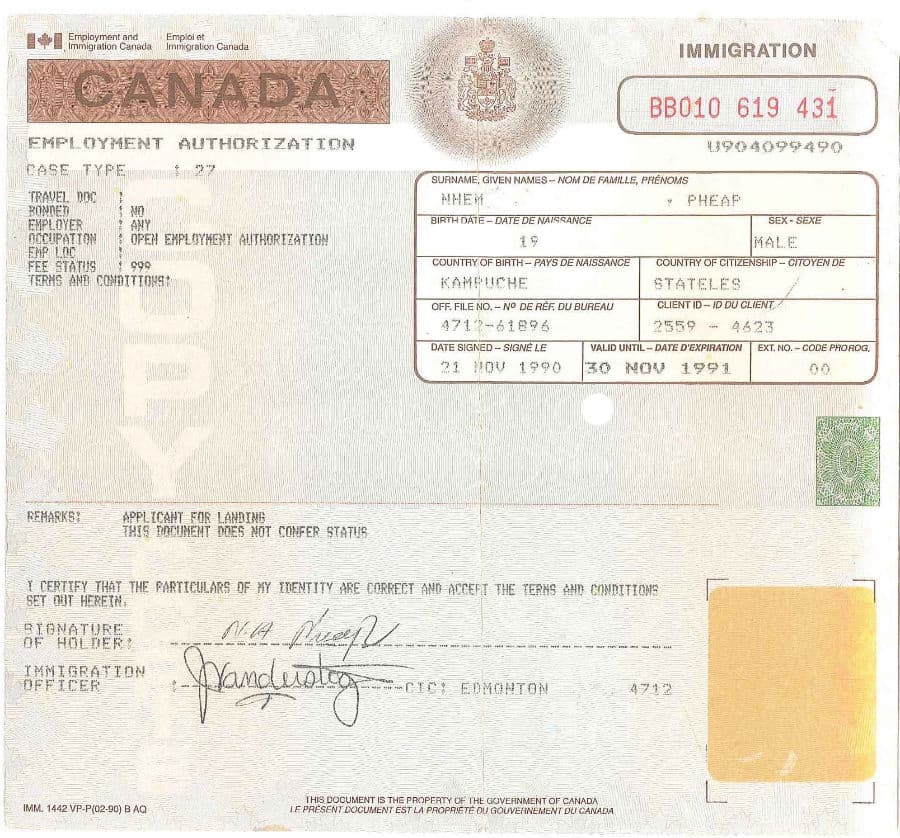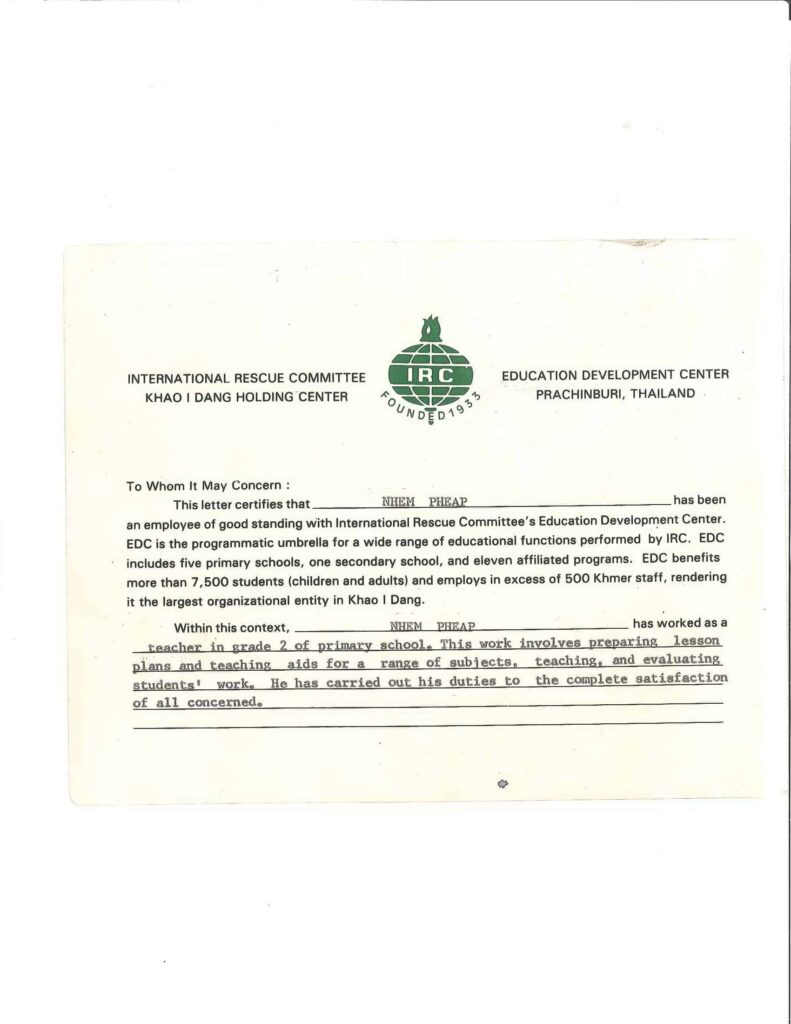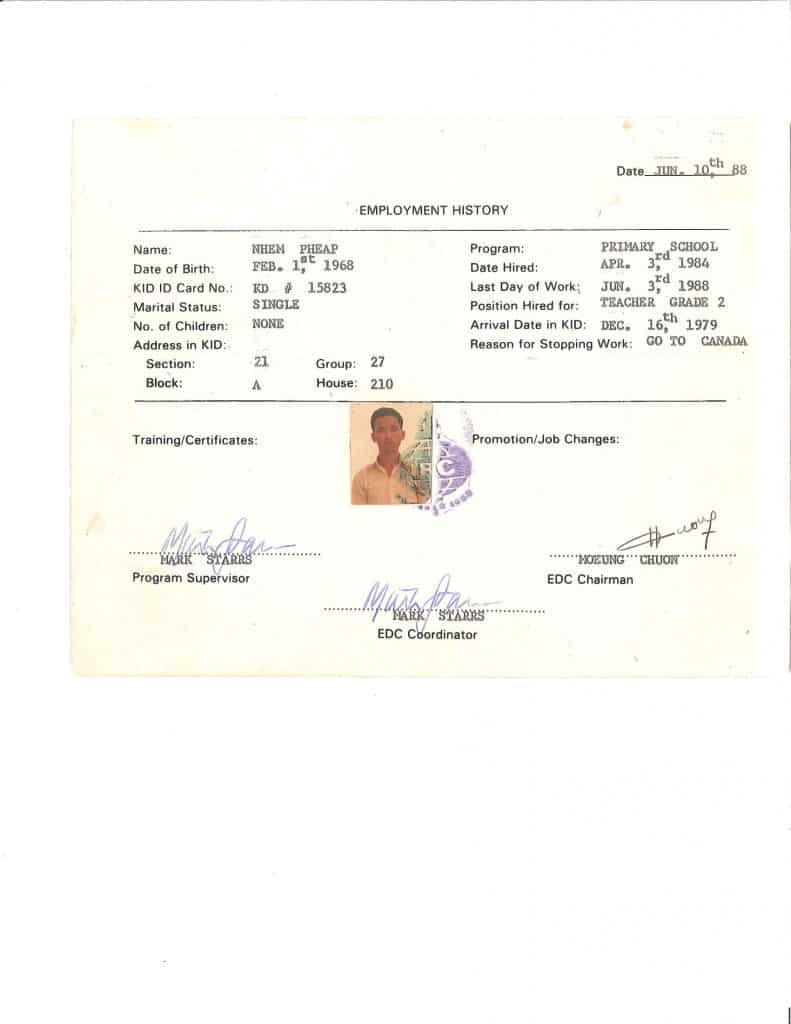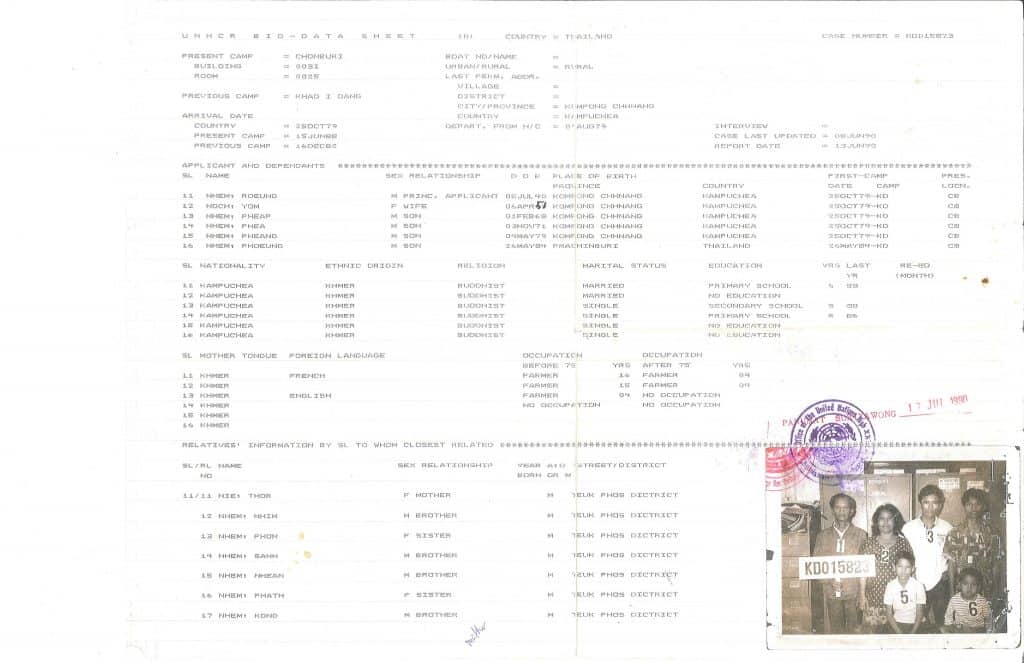HOF131: Nhem Pheap
When the Khmer Rouge occupied Cambodia, Pheap Nhem’s parents were sent far from home and forced to break rocks or grow rice in labour camps. Six-year-old Pheap was also sent to work in the fields with other children to make fertilizer. The family was later ordered to leave their village and go to Battambang Province, where they had to pack up and relocate every few weeks. In 1979, as the Vietnamese army pushed the Khmer Rouge westward, Pheap’s family joined several others to escape their captors. The group spent months trekking toward Thailand, on the run from both the Khmer Rouge and the Vietnamese. During their trek, Pheap’s two-year-old sister died and shortly after, his brother was born.
Later, the family reached Thailand and settled in a United Nations refugee camp. During their stay in the camp, their baby boy’s health deteriorated, a situation that hampered the family’s efforts to obtain asylum. Consequently, Pheap and his family spent more than a decade being transferred from one refugee camp to another. Despite Pheap’s limited schooling, he taught himself to read in his native language and speak English. He also kept busy doing volunteer work. Thanks to his efforts, Pheap would meet a Canadian English teacher who would personally make a case for Pheap and his family to be resettled in Canada. They arrived in Edmonton, Alberta, in 1990.

